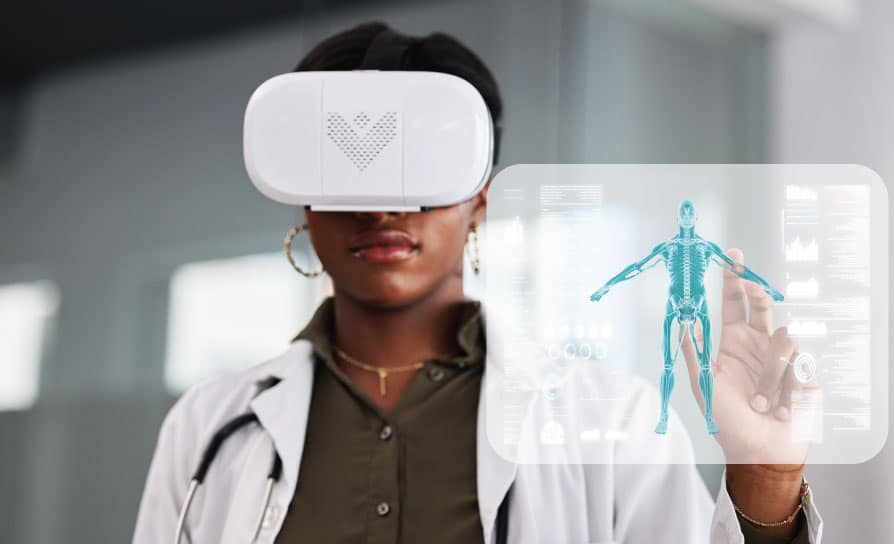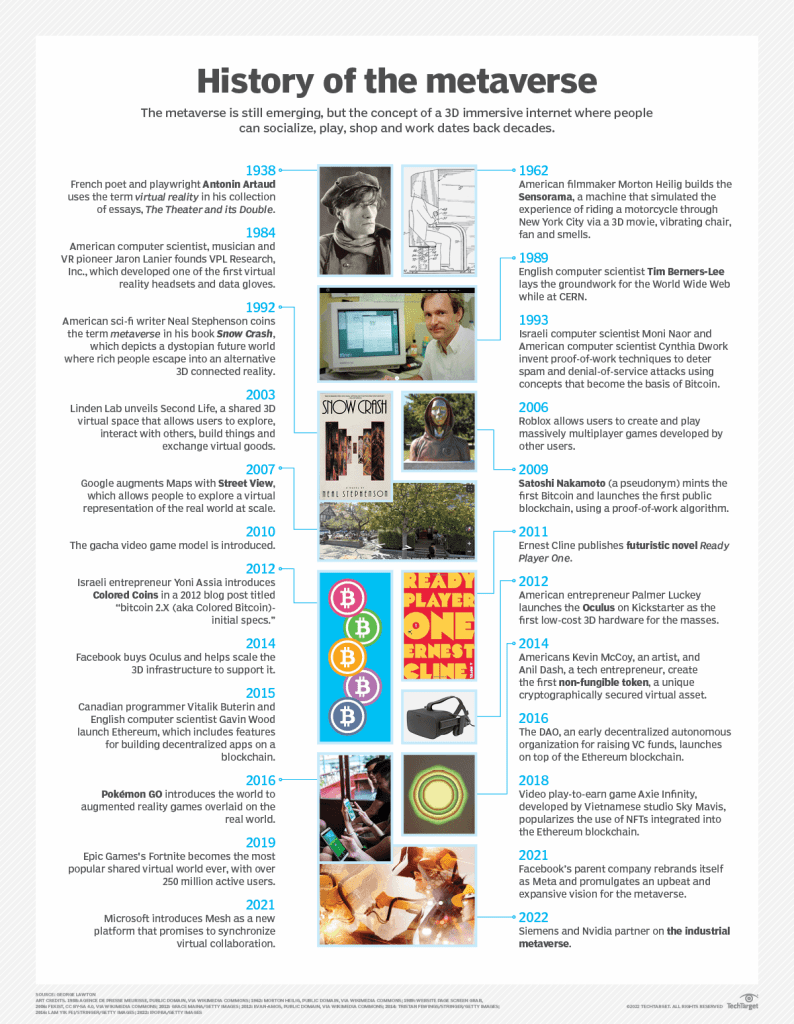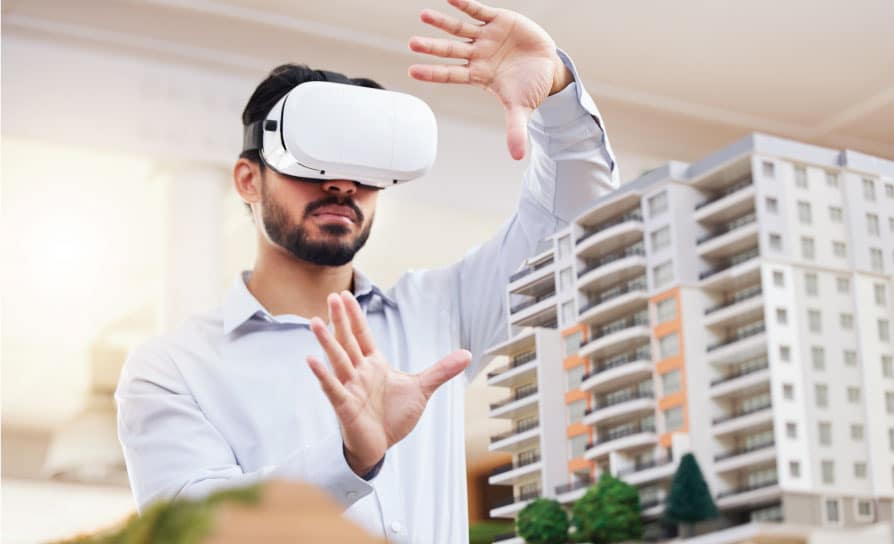Platform01 Consulting: 2024 – A Remarkable Year in Review December 16, 2024 Author: Mustafa Nadeem, As we close out a remarkable year, …
August 12, 2023
Metaverse:
A metaverse is a fictional universe or virtual space that offers immersive experiences to the users, leveraging technologies such as virtual reality headsets (VR), augmented reality headsets (AR), IoT, 5G networking, edge computing, etc. Users can interact with each other, virtual avatars, and other entities to enjoy lifelike experiences on the metaverse.
Even though the technology is a hit among gamers and enthusiasts, it suffers from a perception issue where people view the users as disconnected from reality by wearing headsets and living in a digital world. Having said that, the metaverse technology has great commercial potential, and it’s estimated to have $3-4 trillion in economic impact by 2030.

What are the building blocks of Metaverse?
The following things make up Metaverse:
How is Metaverse accessed?
The metaverse is accessed through these 2 technologies:

Is Metaverse just another hype?
A few years ago Facebook had decided to go all in into the metaverse and they even renamed their brand to Meta, after having invested billions of dollars, eventually leading to the announcement that Meta will refocus on AI technologies. Does that mean Metaverse is dead? No.
Apple has recently announced its own VR headsets and is hoping to sell about 1 million units in 2023. The app ecosystem and developers are making new and innovative content to make Metaverse replace all traditional screens like phones, tablets, and TVs.
The price of hardware components that go into the headsets is quickly dropping down, which would eventually make these devices more affordable, expected to shrink from $3500 to $1500 in the next 2 years. This can accelerate the adoption of this technology among the masses.

Use Cases:
Event streaming:
Healthcare:
Training:
Emergency operations:
Manufacturing:
Maintenance/ Repairs:
Virtual stores:
Construction:
Real estate:
Fashion:
Sales & Marketing:
Video conferencing/ Meetings:
Metaverse use cases in the training of front-line workers for emergency situations:
Metaverse use cases in civil aviation:
Metaverse use cases in Government sectors:
LATEST INSIGHTS
Platform01 Consulting: 2024 – A Remarkable Year in Review December 16, 2024 Author: Mustafa Nadeem, As we close out a remarkable year, …
The global economy operates in cyclical patterns, experiencing periods of growth followed by … Read the full blog
As an entrepreneur, finding the right investors for your business can be a make-or-break moment … Read the full blog

Platform01 Consulting provides consulting solutions to Corporations, Private Capital Investors, and New Projects.
Copyright © 2024 | Platform01 Consulting